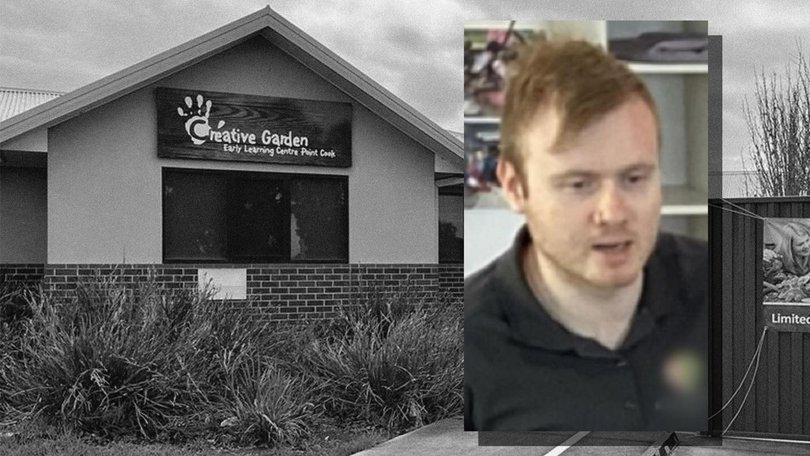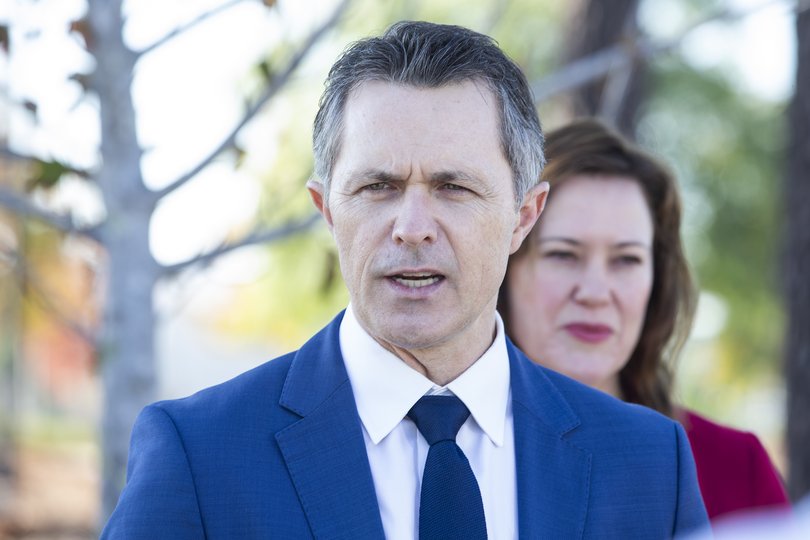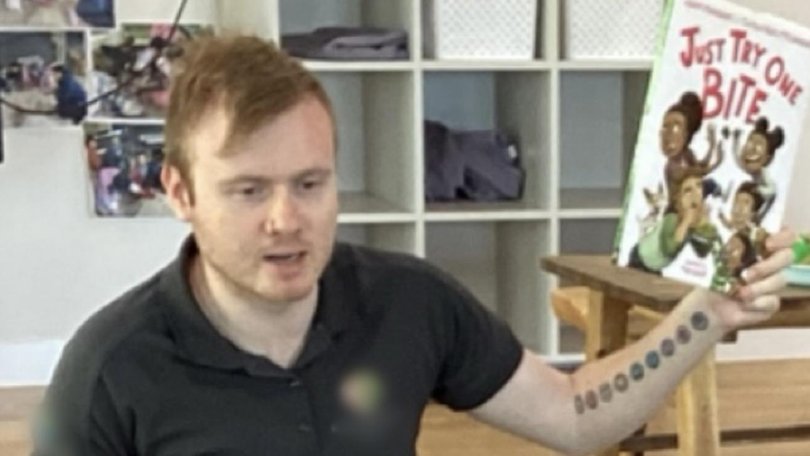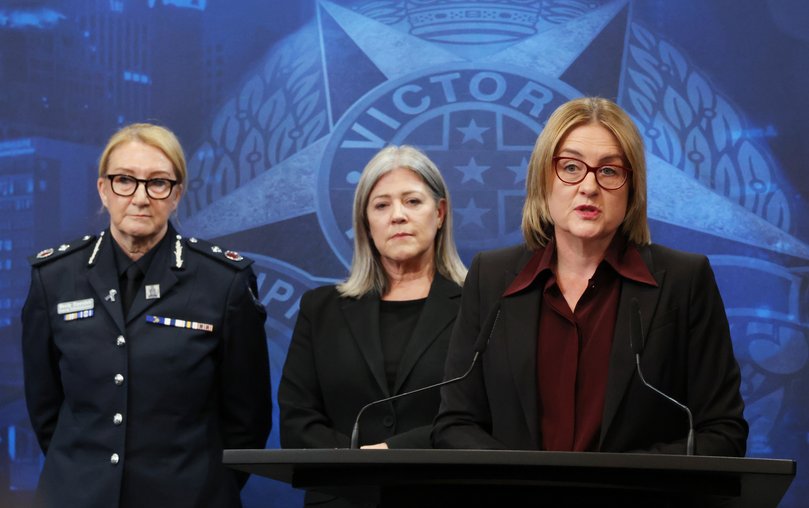MARK RILEY: Child safety shame after government dithering and delays

Robert Fitzgerald is a respected human rights lawyer and a powerful advocate for social justice.
He is the current Age Discrimination Commissioner.
As one of six commissioners who presided over the Royal Commission into Institutional Responses to Child Sexual Abuse, he also sat through five years of evidence outlining the most detestable, systematic mistreatment of children imaginable.
Sign up to The Nightly's newsletters.
Get the first look at the digital newspaper, curated daily stories and breaking headlines delivered to your inbox.
By continuing you agree to our Terms and Privacy Policy.Robert Fitzgerald is not one to mince words.
He used just one this week to describe his disgust over the failure of successive governments at all levels to implement some of the commission’s key recommendations.
That word was “shameful”.
Eight years after the royal commission handed down its report, there is still no national set of minimum standards for child safety.
And there is no nationally co-ordinated scheme for conducting Working With Children Checks.

Each State conducts those checks differently.
They also do it independently.
That has allowed childcare workers who have failed tests in one State to go system shopping and gain accreditation in another.
Those checks aren’t a fail-safe. Far from it.
Joshua Dale Brown, the childcare worker facing 70 charges including sexual penetration of children under his care, had no prior criminal history and did have a valid Working With Children Check.
Still, Fitzgerald says a nationally co-ordinated accreditation scheme would help reduce the risk of child abuse occurring.
After years of dithering and delays, governments at all levels are suddenly scrambling to toughen regulations and enforcement in the childcare sector as the rumble of an angry voter backlash heads their way.
In NSW, at least a dozen people who have been denied Working With Children Checks because of their criminal records have had those decisions overturned by the State’s Administrative Appeals Tribunal.
Premier Chris Minns says he will now close that “loophole”.
The right to appeal will be removed.
He says the system should enforce a “one-strike” policy.

And, despite years of discussion between ministers, there is no national agreement on using CCTV to monitor what goes on in childcare rooms.
Advocates say privacy is an issue.
But surely the need to protect children trumps any concerns over the privacy of workers?
We are constantly monitored in all sorts of settings these days: supermarkets, cafes, pubs, airports, on the streets and, in many industries, in the workplace.
The States say they will now give renewed consideration to trialling CCTV in centres, possibly starting with those that have been the subject of breaches or serious complaints.
A national meeting of attorneys-general will discuss the legal implications.
Victorian Premier Jacinta Allan says she will make the voluntary ban on mobile phones within centres mandatory.
She also says that after years of dawdling by the States on establishing a national register to track the movements of childcare workers between centres, Victoria will now go it alone.
Setting up a statewide register will only take two weeks, she says.
But if it’s that easy, why hasn’t it been done in every State at any time over the past eight years?
Child care is a transient industry. It has many part-time employees, often working in multiple centres.

Joshua Brown worked in 20 different facilities between 2017 and May this year.
It apparently took police several weeks to track them all down.
Why? Because there is no register.
Federal Education Minister Jason Clare is also talking tough.
He’s promising to fast-track new laws allowing the Government to pull the funding of centres that don’t do enough to protect children’s safety.
Good.
But that raises a question that can also be posed to all the other rushed announcements this week.
Why don’t those powers exist already?
What have these governments and these ministers been doing for the past eight years since the royal commission issued its findings and recommendations?
Surely, the greatest measure of a just society is its ability to nurture and protect its youngest and most vulnerable members.
Anthony Albanese has said on several occasions that he wants access to safe and affordable child care to be the one enduring legacy of his time as Prime Minister.
Achieving the “affordable” part can be done gradually over years.
But the “safe” part needs to happen now, if not eight years ago.
Anything less, in the words of Robert Fitzgerald, would be shameful.

